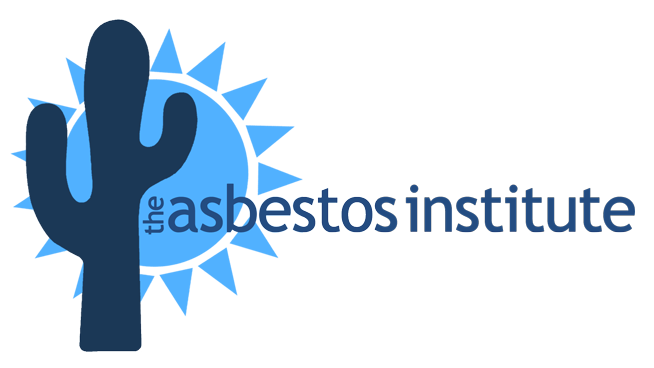Asbestos fibers most often enter the body is through breathing . Several of the fibers become trapped in the mucous membranes of the throat and nose where they can then be removed, but some can get into the lungs, or, if swallowed, into the digestive tract. Asbestos is most hazardous when it is friable, meaning it is easily crumbled by hand, releasing fibers into the air. Sprayed on asbestos insulation is highly friable. Asbestos-containing ceiling tiles, floor tiles, undamaged laboratory cabinet tops, shingles, fire doors, siding shingles, etc. will not release asbestos fibers unless they are disturbed or damaged in some way.
Asbestosis
Asbestosis is a serious, chronic, non-cancerous respiratory disease. Inhaled asbestos fibers aggravate lung tissues, which cause them to scar. Symptoms of asbestosis include shortness of breath and a dry crackling sound in the lungs while inhaling. There is no effective treatment for asbestosis; the disease is usually disabling or fatal. Those who renovate or demolish buildings that contain asbestos may be at significant risk, depending on the nature of the exposure and precautions taken.
Lung Cancer
Lung cancer causes the largest number of deaths related to asbestos exposure. The incidence of lung cancer in people who are directly involved in the mining, milling, manufacturing and use of asbestos and its products is much higher than in the general population. People who have been exposed to asbestos and are also exposed to some other carcinogen — such as cigarette smoke — have a significantly greater risk of developing lung cancer than people who have only been exposed to asbestos.
Mesothelioma
Mesothelioma is a rare form of cancer that most often occurs in the thin membrane lining of the lungs, chest, abdomen, and (rarely) heart. About 200 cases are diagnosed each year in the United States. Virtually all cases of mesothelioma are linked with asbestos exposure. Approximately 2 percent of all miners and textile workers who work with asbestos, and 10 percent of all workers who were involved in the manufacture of asbestos-containing gas masks, contract mesothelioma. People who work in asbestos mines, asbestos mills and factories, and shipyards that use asbestos, as well as people who manufacture and install asbestos insulation, have an increased risk of mesothelioma. So do people who live with asbestos workers, near asbestos mining areas, near asbestos product factories or near shipyards where use of asbestos has produced large quantities of airborne asbestos fibers.
Source: https://ehs.oregonstate.edu/asb-when
Classroom & Online
The Asbestos Institute has provided EPA and Cal/OSHA-accredited safety training since 1988. From OSHA 10 to hazmat training and asbestos certification, our trusted and experienced instructors make sure participants get the high-quality initial and refresher training they need.
Classroom
We train on-site at our headquarters in Phoenix, AZ or at our clients’ sites across the U.S. We offer both English and Spanish courses. Browse Classroom Classes
Online
Online courses allow you to align your learning with your personal schedule. This is a great option for students with family and work commitments. Browse Online Classes
Webinar
Live webinars allow you to watch instructors on demand from the comfort of your home or office. Learn, chat with other students, and ask questions in real-time. Browse Live Webinars
Disclaimer
The Asbestos Institute is not the official authority to determine OSHA training requirements, which are set forth in the Occupational Safety and Health Act of 1970. OSHA regulations are always being revised, added, and/or deleted, so you must not rely on The Asbestos Institute as the official authority of OSHA asbestos training requirements. Visit the official OSHA Asbestos Training Requirements page here.


